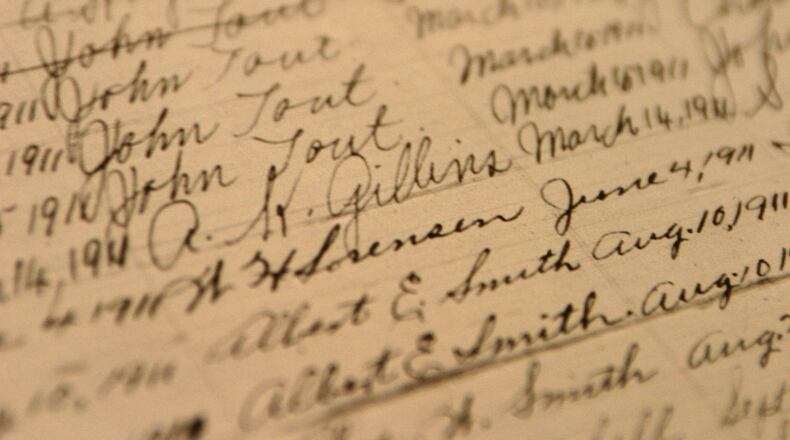“Georgia POW Camps in World War II” is a new book by Kathryn Roe Coker and Jason Wetzel.
They begin by discussing the U.S. prisoner of war programs and the focus on the “re-education” of POWs, who were mostly from Italy and Germany. The authors then discuss each military base in Georgia where POWs were kept and some of the auxiliary camps nearby. The bases covered are Camp Gordon (later Fort Gordon) in Augusta; Camp Stewart (later Fort Stewart) near Savannah; Fort Benning in Columbus; Camp Wheeler in Macon; and Fort Oglethorpe, near Chattanooga. There were more than 20 other smaller locations in Georgia were POWs were held.
The last chapters of the book explore the POW story as covered in Georgia’s newspapers. In addition, there’s an examination of “Daily Life for Prisoners of War” that includes many photographs. This well-researched, 285-page book should be a great addition to any library and personal collection, as it covers a subject previously under documented. I can recall my mother talking about the POWs at Fort Benning that she saw, and I have heard stories from others.
The book is available for $21.99, plus postage, from The History Press of Charleston, S.C. at historypress.com, at area bookstores and at other outlets that carry books by History Press and its sister press, Arcadia Publishing, which has published dozens of photo histories of Georgia and especially the metro area.
Georgia books get awards
In October, the Georgia Historical Records Advisory Council presented awards at the Georgia Archives. Two books honored were: Virginia Causey’s “Red Clay, White Water, and Blues: A History of Columbus, Georgia” (UGA Press), and John Duncan and Sandra Underwood for “The Showy Town of Savannah, the Story of the Architect William Jay” (Mercer University Press). Both were the culmination of decades of research.
“AncestorSearch” using Google
Google has always been a great place for a genealogy search, as so much has been posted online. You never know what will turn up. See RandyMajors.com for the new search feature he developed called AncestorSearch via Google Search.
About the Author
Keep Reading
The Latest
Featured


